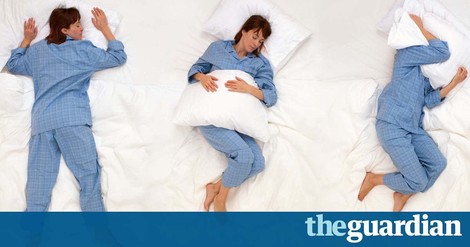Your podcast discovery platform
Curious minds select the most fascinating podcasts from around the world. Discover hand-piqd audio recommendations on your favorite topics.

piqer for: Health and Sanity Global finds
I was born in 1987 in Bucharest. I studied Psychology and Educational Sciences at the University of Bucharest. For two years I worked in a psychotherapy practice, dealing with gambling addicts. I'm an independent reporter, writing and doing video reportages mostly about social and political issues. I am currently based in Jena.
The Importance Of Sleep
Matthew Walker is a sleep scientist with more than 20 years of experience who’s trying to make people aware of the sleep-loss epidemic that’s out there and that’s affecting almost one in two people nowadays. In his new book “Why We Sleep", he’s examining “the effects of this epidemic close up, the idea being that once people know of the powerful links between sleep loss and, among other things, Alzheimer’s disease, cancer, diabetes, obesity and poor mental health, they will try harder to get the recommended eight hours a night”.
But will they? As the author points out, sleep is associated with laziness in today’s society where everybody’s trying to seem a busy-bee, as if work and productivity are the two main criteria for a person’s worth. Aside from this stigma, there are, of course, other factors that prevent us from sleeping the required eight hours a night, like our relationship to light, which we can now manipulate however we want.
Although this article provides information about how exactly the lack of sleep influences the development of mental health, diabetes, cancer and other diseases, I find it incomplete in that it doesn’t mention anything about when to sleep. I mean, yes, I get it, during the night, but does it still count as the “good” kind of sleep if I go to bed at two in the morning and sleep for eight hours? Or what does sleeping during the day do to our brains?
